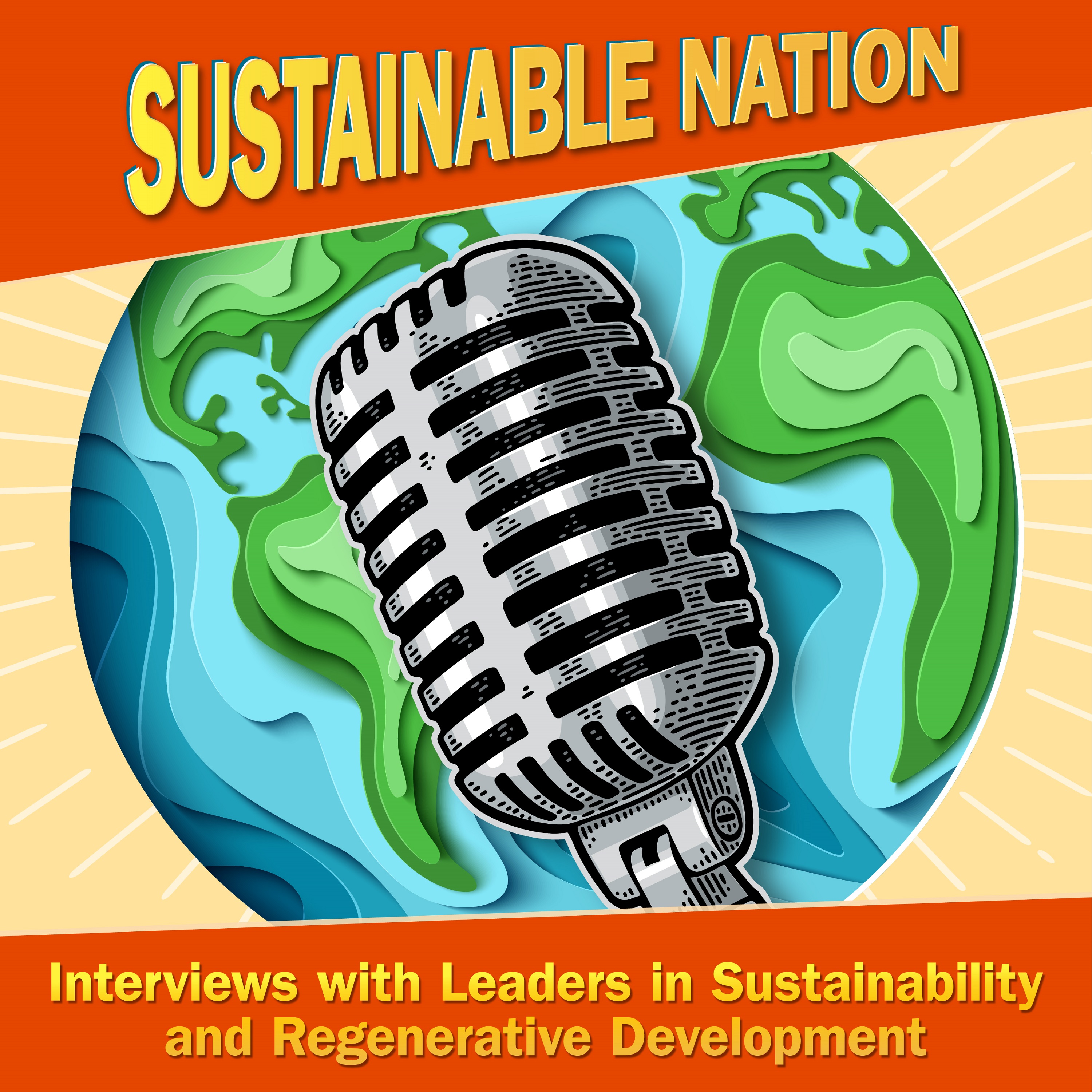Nils Moe - Managing Director of the Urban Sustainability Directors Network

b'
Nils Moe currently serves as the Managing Director of the Urban Sustainability Directors Network (USDN).\\xa0In this role, Nils oversees the day-to-day operations of this rapidly evolving North American network of over\\xa0185 member communities representing more than 84 million residents.\\xa0Nils is an experienced, accomplished change agent with over 15 years of successful strategic business development, organizational leadership, and client building. Previously, he served as the Mayor\\u2019s Sustainability Advisor for the City of Berkeley, where he helped to implement Berkeley\\u2019s Climate Action Plan and worked with the city staff and the community to reduce their GHG emissions. He also has worked as a professor of Organizational Psychology at San Francisco State University,\\xa0co\\u2013founded\\xa0two values-driven non\\u2013profits, and worked in the private sector as a management consultant, specializing in program evaluation of non-profits and 360\\u2013degree feedback for Fortune 100 companies.
Nils Joins Sustainable Nation to Discuss:
- Cities leading the way to a sustainable future
- The power of networks and collaboration in sustainability
- Local government leading on climate in the absence of federal leadership
- Trends in urban climate and sustainability work
- Advice and recommendations for sustainability leaders
Nils\' Final Five Question Responses:
What is one piece of advice you would give other sustainability professionals that might help them in their careers?
I think I\'m a bit biased, but going back to this notion of my parallel path between the social psychology realm and the environmental science realm, I think our field can be really technical, talking about renewable energy, land use policies, transportation analysis, which is a critical skillset, but something that can\'t be underestimated, I think is the power of the soft skills in our work. One of the crosscutting challenges that our cities are facing is this notion around human behavior and behavior change. At the end of the day, much of the work that we\'re doing is about relationships, influencing people, empowering folks to make some key and critical changes to habits that have been forming over their life. So, how can we really do a better job of leveraging some of the key social sciences out there to help us align our work, empower folks to make those key changes? So I think some of the leadership skills, learning a little more about social sciences is sort of a key piece of the puzzle.
What are you most excited about right now in the world of sustainability?
We\'re entering our 10th year now. We built this amazing, connected membership. All of these members are doing amazing work in their local municipalities, local counties. Now what does it look like to do this at scale? So our membership have charged us to look at, is there a menu list of initiatives that we can agree on as a membership of 190-plus cities that we feel have the potential to provide strong impact over the next three years? So I think, in short, it\'s the power of the aggregate. What does it look like to take on these initiatives at scale with large groups of cities that could really start to move the needle and move markets? What would it look like for 150 cities to commit to procuring renewable energy? How would that drive the market, the transaction costs, the energy costs? What would it look like for 50 cities to get together and go out to their auto manufacturing industry and say, "We want an electric vehicle, light duty truck with these specs." One city isn\'t going to get the attention of an auto manufacturer, but 50 cities will. So I think it\'s this power and strength in numbers that is really exciting to me.
What is one book you would recommend sustainability leaders read?
I don\'t want to sound like a homer here, but a checkout the Guide to Greening Cities. Excellent book by Julia Parzen, Sadhu Aufochs Johnston, and Steven S. Nicholas. It\'s five years old now, but it still does an amazing job of talking about the challenges, the opportunities, the successes from the city level. S
What are some of your favorite resources or tools that really help you in the work that you do?
Yeah, check out our USDN website. We\'ve got some public pages around the innovation products that are coming out from our cities which are really intriguing. This aggregate high impact practice work will be on there in the fall of 2018. We\'ve got a great series of equity training videos, Equity 101, that I think could be beneficial to folks at large. Innovation Network for Communities has some great work on their website. We have Paul Hawkins speaking at our annual meeting in San Diego last year. So I think Drawdown is a really compelling story in a way to prioritize the actions that are ahead of us. We\'re looking forward to Hunter Lovins\', Finer Future, which is coming out in the fall. And we work with some amazing partners. The list is really long, so it\'s tough to choose just a few, but Eco America - Let\'s Talk Climate. A way to sort of find the middle ground around some of these key and politically challenging discussions around climate change. The Georgetown Adaptation Clearing House is an amazing repository of all the amazing work that\'s going on around resilience. Your podcast is a good one too. I\'m a fan.
Finally, working on our listeners go to learn more about you and the work that you\'re leading at USDN?
Reach out to us if you have any questions. We are at USDN.org. Our sister organization, CarbonNeutralCities.org. We\'re @USDN on twitter. Check us out and look forward to hearing from some of you.
'